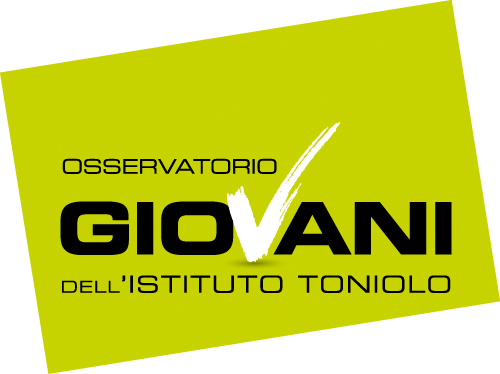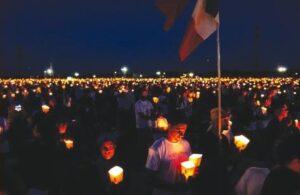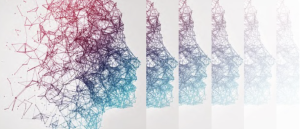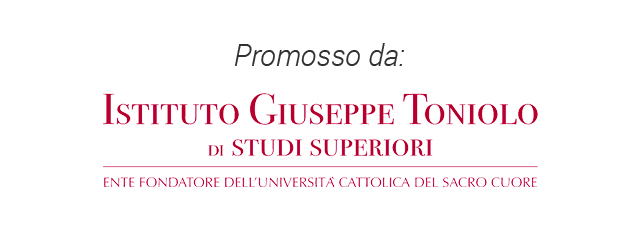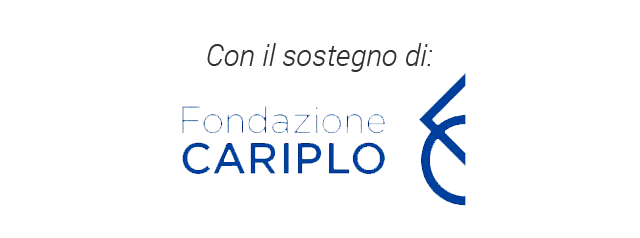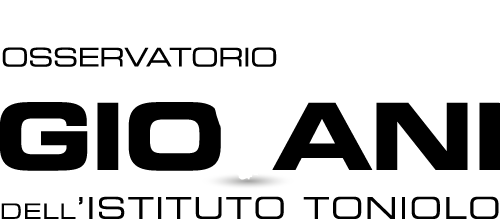Osservatorio

Nel nostro paese, i giovani si trovano spesso al centro del dibattito pubblico. Si avverte allora la necessità di punti di riferimento, strumenti che siano in grado di far luce sui bisogni delle nuove generazioni e sulla loro complessa realtà. L’Istituto Giuseppe Toniolo di Studi Superiori, ente fondatore dell’Università Cattolica, ha voluto raccogliere questa sfida. Ecco perché, nel 2012, ha realizzato il primo Rapporto Giovani, la più estesa ricerca disponibile nel nostro Paese sull’universo giovanile, fornendo dati comparabili a livello internazionale con la collaborazione del Laboratorio di Statistica dell’Università Cattolica e grazie al sostegno di Fondazione Cariplo.
In forza delle competenze e dell’esperienza di questi anni, l’Istituto Toniolo ha ampliato l’orizzonte dell’iniziativa, dando vita a un vero e proprio Osservatorio. Quest’ultimo si propone come uno dei principali punti di riferimento in Italia sulla condizione dei giovani, fornendo dati, analisi e notizie che possano esplorare a fondo una componente essenziale della nostra società. Si tratta di giovani da 18 ai 34 anni, studenti, laureati e lavoratori da cui dipende in gran parte il futuro della nazione.
Nel complesso, il progetto punta a concentrare l’attenzione pubblica sull’universo giovanile e le tematiche a esso legate, contribuendo così a meglio orientare politiche, servizi e progettualità.
The “Giuseppe Toniolo” Institute of Higher Education from 2011 promotes the project called “Youth Report”, which aims to provide a comprehensive and detailed source of information on the new Italian generations and their connections with the transformations taking place in society in which they live.
The analysis – conducted with the support of Cariplo Foundation and the operative contribution of IPSOS Srl – allows us to clarify the characteristics and lifestyles on the wings of the young population (who are young people, what they propose, in what they trust, that feelings have towards the political and public commitment, such projects have about the family, profession, their future).
The sample size and the longitudinal nature of the survey makes it a particularly effective tool for dynamically detect information on the risks and opportunities faced by the younger generation in their training programs and access to the labor market, how they respond to these changes and with what implications for their life choices.
The research is based on crucial data that enable you to go beyond the static and limited representation provided by the usual official indicators, commonly used to represent the conditions of young people.
The search leads to different actors (institutions, associations, companies, trade unions, universities and schools) and at the same time youth to have a platform of knowledge and data of great and original value; can be analyzed for themes or qualification, age, geographical areas and it will ensure, year after year, the verification of the salient features of the portrait that will be performing. Adequate knowledge of the reality of young people is to help families, educators and young people themselves because it helps to recognize the changes taking place, to highlight the limits of the context with which we are confronted, the risks that may be encountered, but also the specific positive to support and encourage.
The topics covered are those related to the joints of the process of transition to adult life from 18 years: training, achievement of economic independence, the construction of their own family. Together with biographical paths are detected dimensions of the values, attitudes, perception of their condition, the relationship with the parents and with the institutions. You add, moreover, in-depth analysis about the new technologies and languages, participation and social engagement, sustainable development.
The research of the Institute Toniolo is therefore a thematic reference critical for institutions working in the field of youth, thanks to the innovative and scientifically valid methodology used in carrying out all stages of the research, the statistical collection analysis and dissemination of data.
